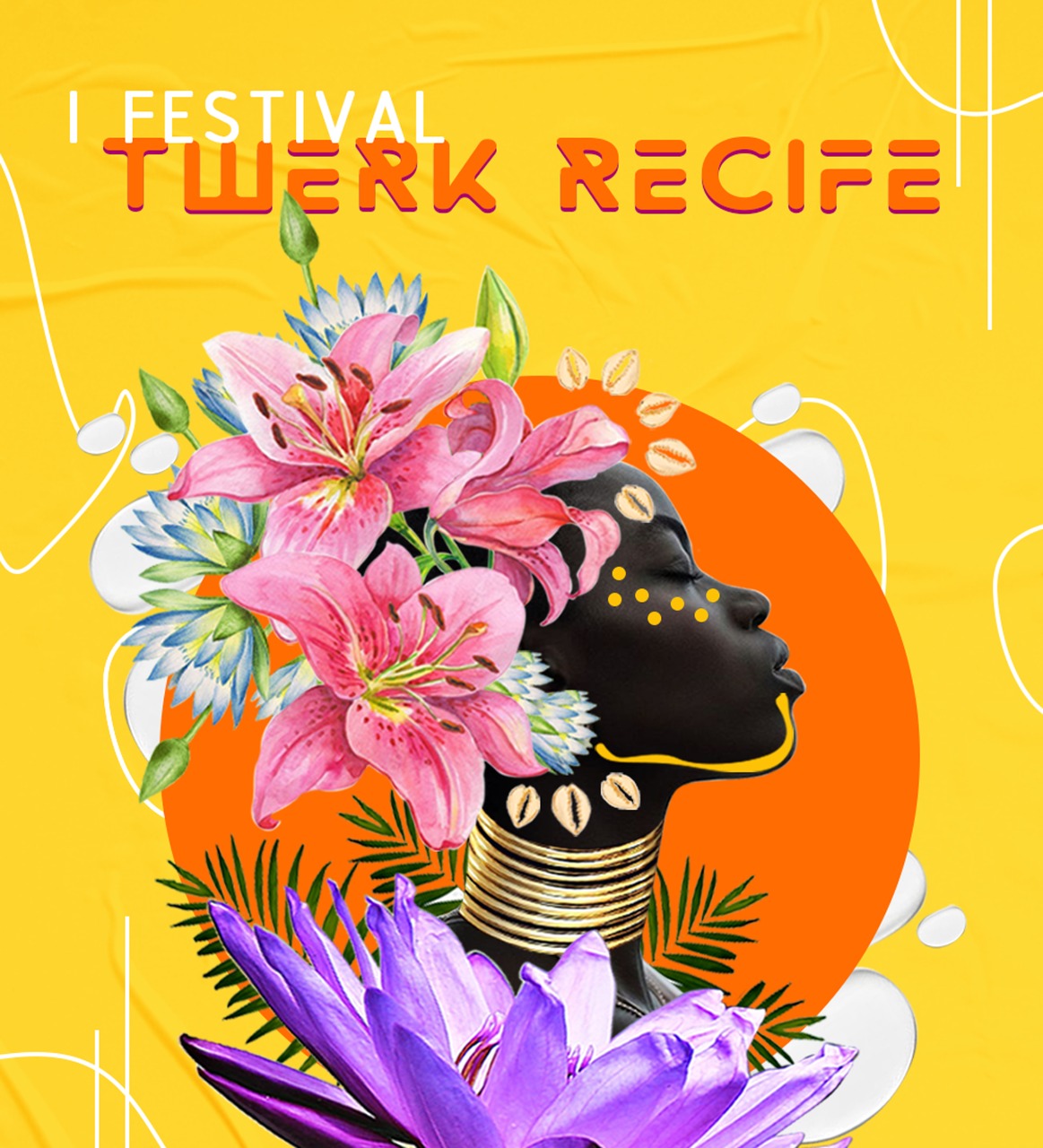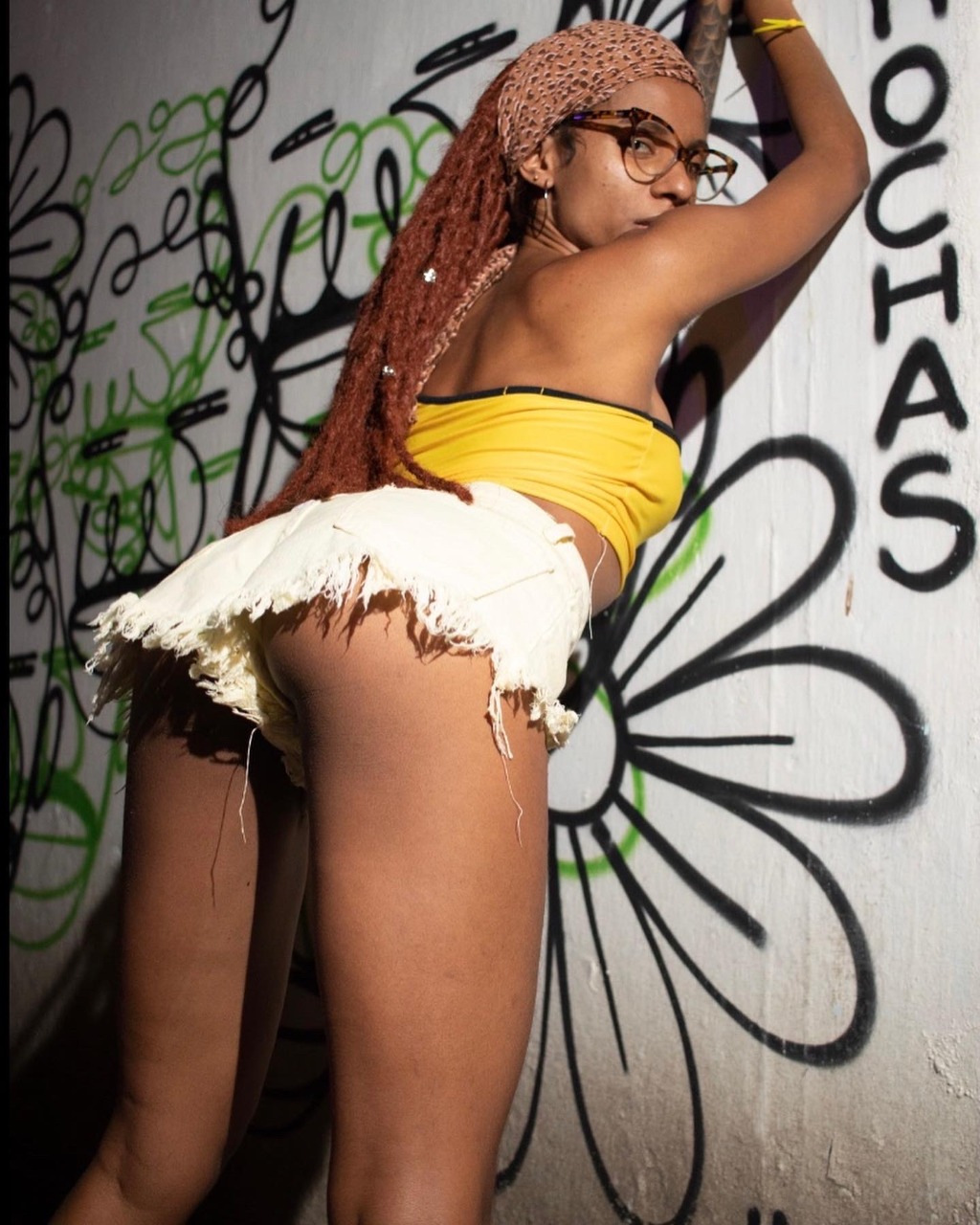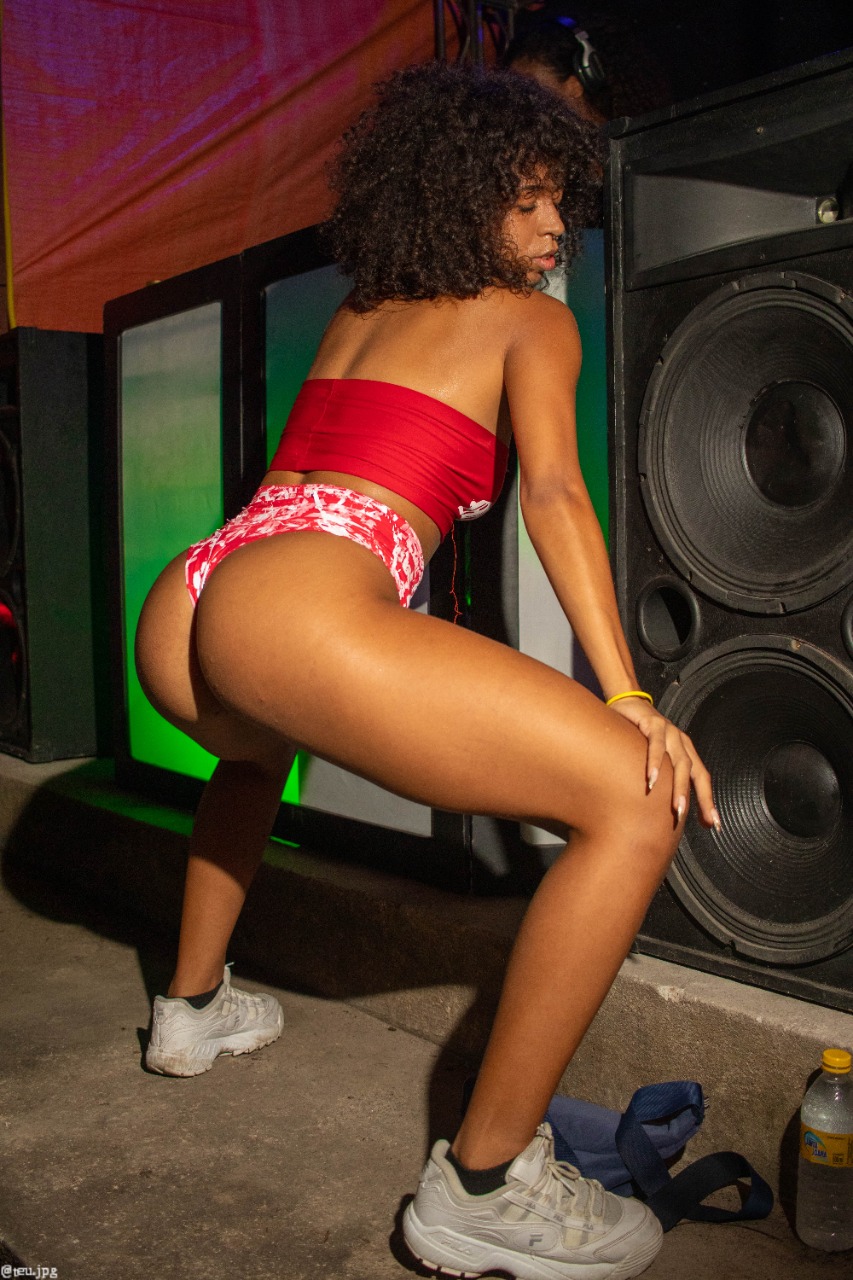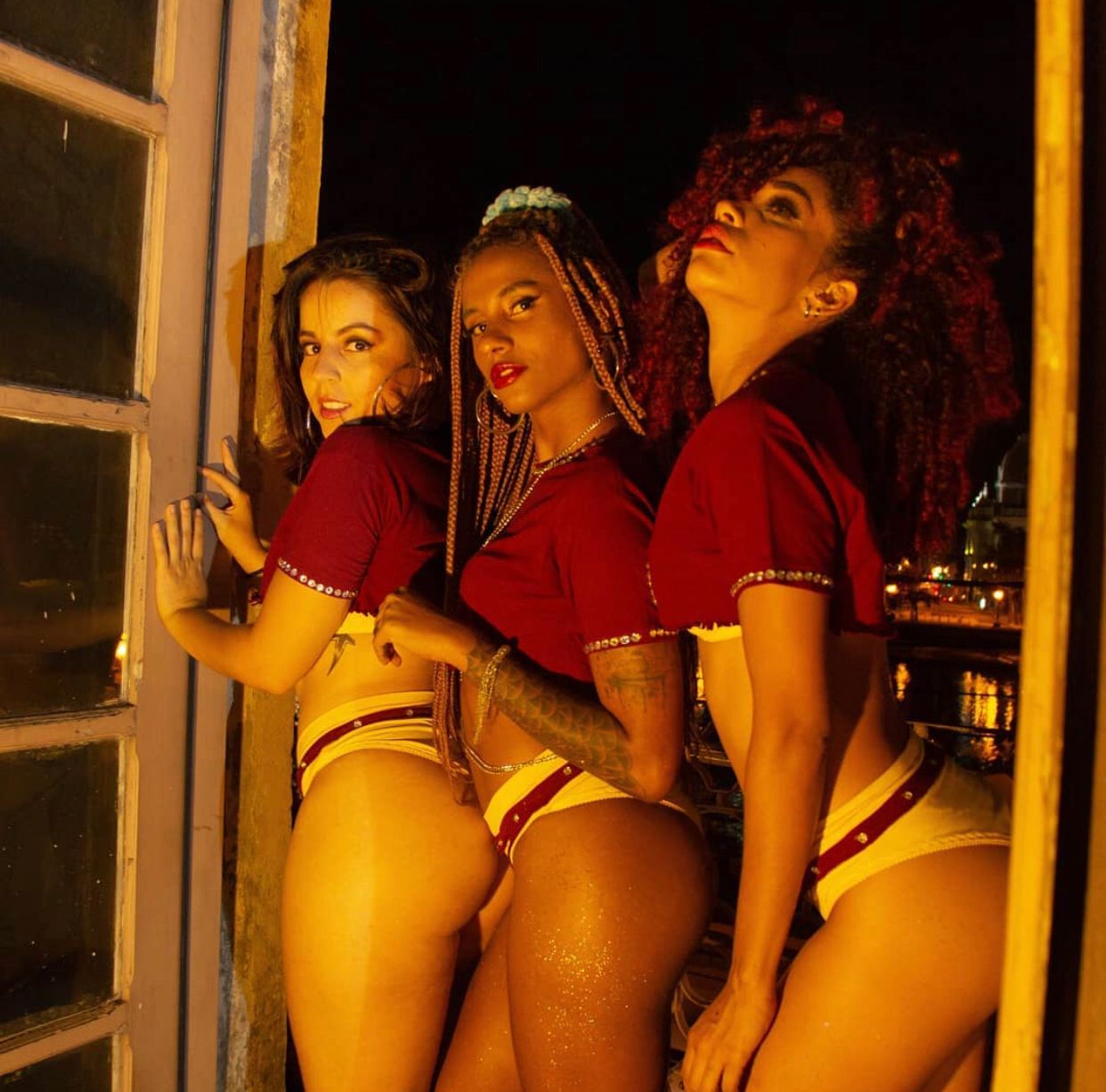The first twerk festival in the northeast takes place in March
The event takes place with the support of the Aldir Blanc Law


Credit: disclosure
By: Eduarda Nunes / Lupa do Bem – Favela em Pauta
A pioneer in teaching twerk in the capital of Pernambuco, Twerk Recife promotes the first festival of this dance in the northeast in March. The event takes place with the support of the Aldir Blanc Law, created by the federal government to support artists who have been deeply affected by the pandemic. Programming is completely online.
Twerk was created in the suburbs of New Orleans, in the United States, from bounce and hip hop culture. The focus of this dance is on pelvic movements and “among so many benefits, we can mention the joy and maintenance of pelvic health for those who practice it, in addition to the ancestral rescue of Afro-diasporic manifestations”, explains Briê Santos, founder and director of Twerk Recife.
Since 2018, the dance degree student at UFPE, choreographer and international teacher of Brega funk, has been at the head of the dance school that brought twerk to the urban dance scene in the Metropolitan Region of Recife.
The 1st Recife Twerk Festival has workshops, chat rooms, pocket shows, and battle and dance contests on the schedule. Entries can be made here. The Vapo Vapo Contest, group performances, and the Battle of Twerk have prizes worth R$ 750.00 and R$ 1500.00 respectively. The event’s target audience is people who are already part of the twerking scene in the Northeast and those interested in getting to know dance better. In addition to practice, a lot of theoretical discussions are included in the festival.
Created by black people, starring white people
Twerk was created by people from the outskirts of New Orleans who followed the bounce (rhythm) of hip hop with their hips. As a pelvic dance, it has similarities with funk carioca and brega funk from Pernambuco, for example, which were also created in the periphery and have pelvic movements in more evidence than other parts of the body.

“This may be because they are dances practised by Afro-diasporic bodies, which have in their ancestry records and memories of African dancing manifestations, mainly in West African countries”, says Briê. Despite this, the 1st Recife Twerk Festival stands out for being organized by black women.
The current protagonism of white people in the world twerk scene was what boosted Briê’s research and, later, the creation of Twerk Recife. She learned about dance at the age of 13 through television media and highlights that “it is important to emphasize that I met [watching] videos of white people, which at the time made me a question and sharpened my curiosity about the history of dance. I realized then that dance was already going through a process of cultural appropriation, and the people who played the role and lived the scene did not have the proper recognition”, says the 22-year-old teacher.
The idea of holding the 1st Recife Twerk Festival was brought up by Vivian Marvel while she was still in the puerperium of her first daughter, Luara. Also a dancer, researcher, and pelvic dance teacher, Marvel had this project in mind for a few years.


“The origin of twerk is very intrinsic to the black person, to the black corporeality accompanying these sounds with the hip. And when you, especially a black person, are moving with this corporeity that is so rooted, so rooted, so ancestral, you feel connected with your own body, with everything it is capable of and all the potencies that it can bring. of your life. Twerk rescues a relationship of home and resident with the body, of it being my home, capable of much and especially of protecting me.” (Vivian Marvel)
She says that the main reference for the realization of the event comes from the festivals and popular and urban dance battles that she participated in and watched. Although there are already twerk festivals in Brazil and the world, the teacher says that most of them are managed by white people. “I didn’t want to take the same model,” she says.
In addition, one of the biggest focuses of the festival is the regionalization and exhibition of twerk and pelvic dances that are being practised in the region. Based on the team’s companionship and dedication, the project was put on paper and, finally, approved.
The expectation for the event is the demystification of pelvic dances. The objective is “to break the paradigm that that is forbidden, vulgar and promiscuous. Differentiating what is sexual from sensual, freedom from debauchery”, explains Marvel. “In addition to discussing our regional cultures, such as Brega funk, which we should preserve and keep with such affection instead of devaluing”.


Briê bets on the importance of records. “After we have completely carried out all the steps, we will have a very rich material for research, study and sharing so that the next generations of black people will see that there is, yes, representation of women researching and talking about the roll”, he says.
In addition to Brazil, Twerk Recife has students in countries such as Chile, Spain, Canada and Angola. The I Twerk Recife Festival will take place between March 7th and 11th, 2022, and will be available on YouTube and Zoom platforms. To register, click here.


